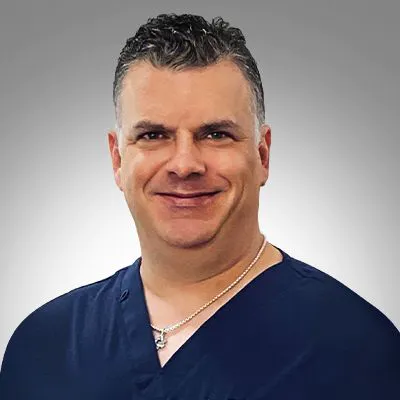

I found this article in Medical Economics to be very inspiring but not in the way the author, Dr. Auren Weinberg, thinks. As a huge advocate for Direct Primary Care, this article talks about DPC without mentioning it though does highlight the principles behind it.
Here are some highlights with my thoughts in parenthesis:
Nimbleness
The health care environment is constantly changing – and independent practice allows providers to adjust quickly. When COVID-19 limited in person visits, independent practices could pivot to telehealth without needing multiple committee approvals and complex workflows.
(This happened RARELY in the industrialized model but DPC docs were the first to do this right).
Innovation
Independent primary care doctors are innovating and adapting to ever-changing demands of patient needs, technological advancements, and the greater health care landscape. One study published in The American Journal of Managed Care showed small practices reduced patient spend greater than large practices.
(The author tries to tie in quality metrics garbage. It is DPC that innovates the quickest, however, and dramatically reduces patients’ spending by navigating the system for patients with cheaper labs, diagnostic tests, etc.)
Satisfaction
Working in an independent practice can have a team-like feel where everyone can provide input on leadership decisions. Having worked as both an independent and employed physician, I found it much more difficult to have this sense of belonging and control over the direction of the employer organization compared to private practice.
(This is DPC in a nutshell. Control and ownership make doctors happy and DPC doctors epitomize this).
I recommend you read the whole article but I will tell you that the author’s attempt to placate Medicare and insurance companies is NOT the answer to fix our system or keep doctors from burning out. Therefore, I deleted a lot of his crap and fixed the article for him. Sorry, Dr. Weinberg.